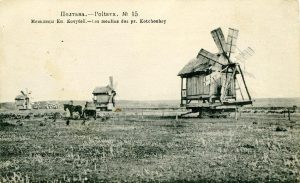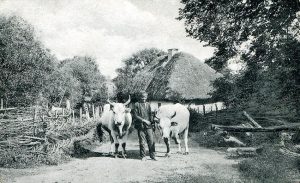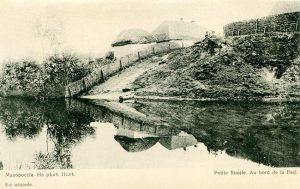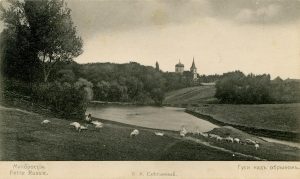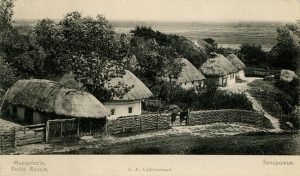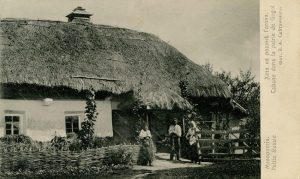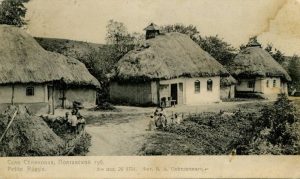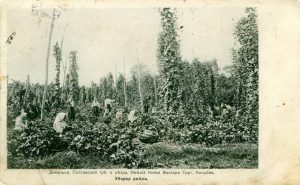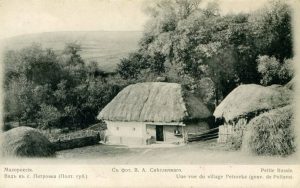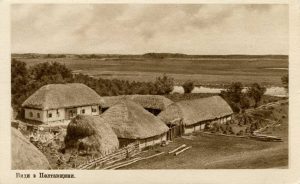Volodymyr Koziuk, collector, painter, photographer and People's Artist of Ukraine from the village of Chesnivka, Vinnytsia Oblast, recently published some 40 rare postcards of Ukrainian landscapes of the 19th - early 20th centuries.

“These are rare historical postcards. I want people to see and use this material, so please share my album. I’ve been collecting Ukrainian postcards since 1992. My favorite topics include Ukrainian landscapes, typical Ukrainian villages and farm dwellings, as well as all aspects of rural life! Yes, these old village homes have inspired me for close to 25 years. Moreover, I clearly understand that these postcards represent a valuable part of our history and heritage! I’d like everyone to have access to them, because I’m not interested in collecting things for myself, but for the Ukrainian people.”


